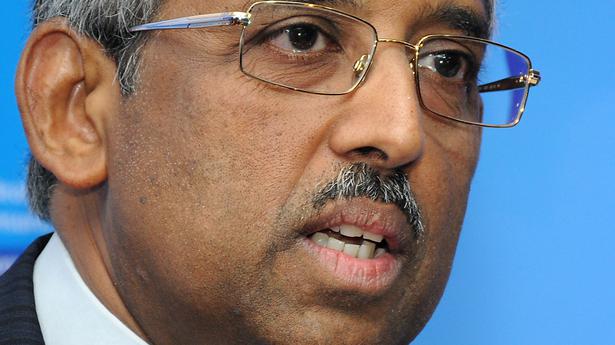
‘Teleophthalmic service can prevent blindness due to diabetes’
The Hindu
Image of retina can be analysed and results given within 30 minutes, says Dr. V. Mohan
A study has found that teleophthalmology services in diabetes care centres can prevent late detection of eye complications. This can prevent blindness due to diabetes.
Diabetic retinopathy remains undetected till in the late stages and leads to sight loss. The progressive disease can manifest as blurred sight or vision loss or bleeding in the eye with the patient seeking ophthalmic services too late.
However, providing ophthalmic services in a diabetes care centre can arrest disease progression, says V. Mohan, founder-chairman of Dr. Mohan’s Diabetes Specialities Centre.
The centre, which has 50 units across the country, offers teleophthalmic and face-to-face ophthalmology services. An evaluation of the services found that both methods are equally effective. An analysis of the images of 58,612 persons screened in a year (January 1 to December 31, 2018) found that only 11.4% required treatment. They were advised to visit an ophthalmologist. The rest were told to return for an annual retinal screening.
Rajalakshmi Ramachandran, head of retina services at Dr. Mohan’s Diabetes Academy, who led the analysis, said only five of the 50 DCCs run by the organisation had ophthalmologists. In the rest, the institution had invested in AI-enabled fundus cameras. They were mounted on low-cost smartphone that a trained technician can use. The technician took photographs of the retina and transmitted them to ophthalmologists in other centres.
In India, an estimated 75 million people had diabetes and since it may be practically difficult for all of them to visit an ophthalmologist annually, Dr. Rajalakshmi suggests using teleophthalmic services.
“The cameras come with embedded AI enabled software algorithm that will assess if the person needs to see the ophthalmologist. This kind of model is unique and it is a scalable model,” she explained.













